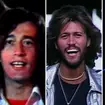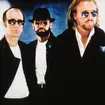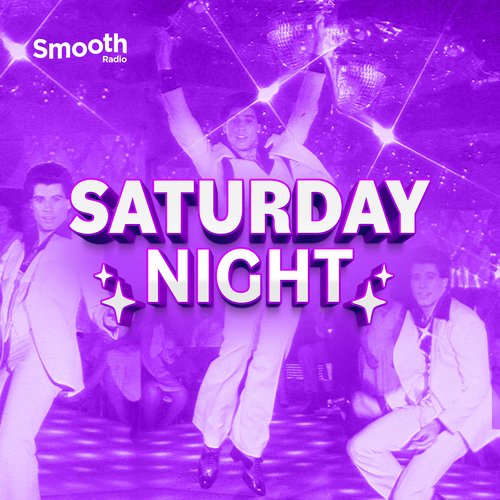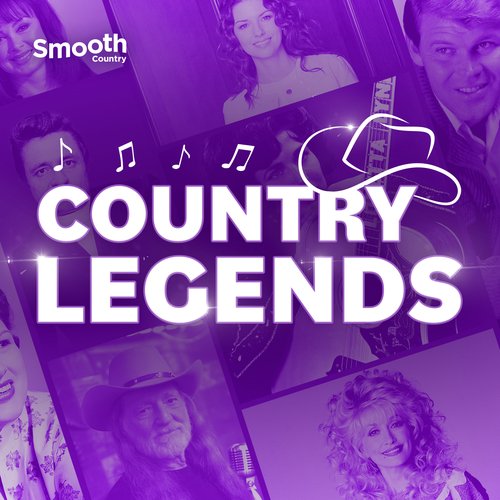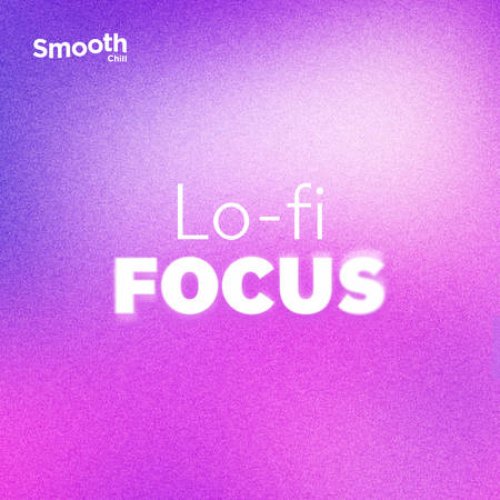How did the Bee Gees get their band name?
19 November 2024, 14:43

Listen to this article
It's a band name that's echoed through the ages.
Some band names sound ridiculous when you first hear them (naming no names) and others sound like you've known them your entire life.
There are some band names in music you just couldn't imagine being without: The Beatles, The Rolling Stones, Fleetwood Mac, Queen, the Eagles, Genesis, Earth, Wind & Fire, The Police, the Eurythmics, Duran Duran, Bananarama...
Well, maybe not the final one on that list. But the Bee Gees can certainly count themselves as amongst the aforementioned elite.
- How many kids do the Bee Gees have, and who are they?
- When the Bee Gees performed an Andy Gibb song as a tear-jerking tribute to their late brother
- Listen to the Bee Gees’ incredible cover of The Beatles classic for forgotten movie
- The 20 greatest Bee Gees songs of all time, ranked
It was a name that was bestowed on the Gibb brothers since their formation as children, and stuck with them throughout their entire career.
That was of course until they retired the band name when they ceased to exist, after the tragic death of Maurice Gibb in 2003, which marked the end of 45 years of recording and performing together.
But how exactly did their band name come about? Does their quirky moniker actually mean anything? Here's all you need to know:
Did the Bee Gees have a band name before they were the Bee Gees?

Before the Bee Gees became the Bee Gees, they did in fact have another name, or at least perform under another name: The Rattlesnakes.
Barry Gibb and his twin brothers Robin and Maurice knew from their early childhood that they wanted to be musicians.
"We knew we wouldn't want to be doing anything else when we grew up," Barry once recalled. "We knew that's where we were going".
Their father Hugh was a musician himself during their early years on the Isle Of Man and in Manchester, and his sons followed suit.
The three of them would sing songs like The Everly Brothers' 'Wake Up Little Susie' on the street corners, just to lure in an audience.
But the moment they secured their first legitimate audience miming along to the 78' vinyl record at the Saturday matinee at Chorlton's Gaumont Picture House, the Gibb brothers became The Rattlesnakes, briefly.
Legend has it that on the day, the record broke and wouldn't play, so the boys plucked up the courage to sing their three-part harmonies live and a-cappella, much to the audience's amazement.
They were The Rattlesnakes for a short while - only weeks later the Gibb brothers formed a new band called Wee Johnny Hayes and the Blue Cats. Barry was “Johnny Hayes.”
How did the Bee Gees get their band name?

When the Gibbs were growing up in Queensland, Australia, they tried everything to get seen and heard in their local haunts.
One particular businessman who recognised their talent and took a punt on them was the owner of a local speedway track, Bill Goode.
Wanting to sign the group to a contract, he looked for a second opinion, so introduced the Gibbs to DJ Bill Gates.
Gates was one of a few Australian DJ's at the time who have enough clout to draw in US guests to his radio show, having interviewed the likes of Sam Cooke at the time.
Both Goode and Gates knew they had a real talent on their hands, so took them boys under their wings to help them reach a much bigger audience in Australia and beyond.
They decided to rename them for the fourth and final time - having already been called The Rattlesnakes, Wee Johnny and the Blue Cats, and even Barry and the Twins.
Though it took several years for the familiar style and spelling to come to fruition, the name of the Gibb brothers' musical group was now the Bee Gees.
Does their band name mean anything?

The Bee Gees was quite literally a band name created around the group's major players in the early days, using the initials of managers Bill Goode and Bill Gates, as well as their central talent Barry Gibb.
Accusations of Barry's ego suggested that the band was named solely after him, though fans didn't realise the decision was ultimately out of his hands having taken on the band name when he was just twelve.
The name was later retro-fitted to stand for the 'Brothers Gibb', but they got it thanks to the two people that believed in the Gibbs' talent the most outside of their family.
Did they ever consider changing their band name?

As we now know, the Bee Gees kept their band name throughout the entirety of their stellar career.
It was finally retired when the group ceased to exist however, due to untimely death of Maurice Gibb in 2003, though Barry and Robin performed with each other a handful of times afterwards.
In one screwball moment of madness in the sixties, however, Barry was reportedly close to renaming the band completely.
- ‘Alright Bazza!’: Remember Barry Gibb’s cameo on Only Fools and Horses?
- Watch Barry Gibb serenade his beloved wife Linda with tender rendition of 'Words'
- 10 incredible cover versions of Bee Gees songs
- The Bunburys: Remember this Bee Gees and Eric Clapton supergroup?
When the brothers relocated to London amid the psychedelic rock revolution (which they were touching distance from musically being signed to the same record label as The Beatles) Barry wanted his group to be seen as more adult.
He pleaded to their RSO label boss and manager Robert Stigwood to change the Bee Gees' name to Rupert's World, to which he agreed if their first UK single bombed.
Alas, it didn't - 'New York Mining Disaster 1941' was warmly received by critics and reached number twelve in the UK charts.
Reflecting on whether the name changed would've been a good idea, Barry later joked it would've been "like changing your name from Charlie Sh*t to Fred Sh*t."

The Bee Gees - The brothers’ distinctive singing style


